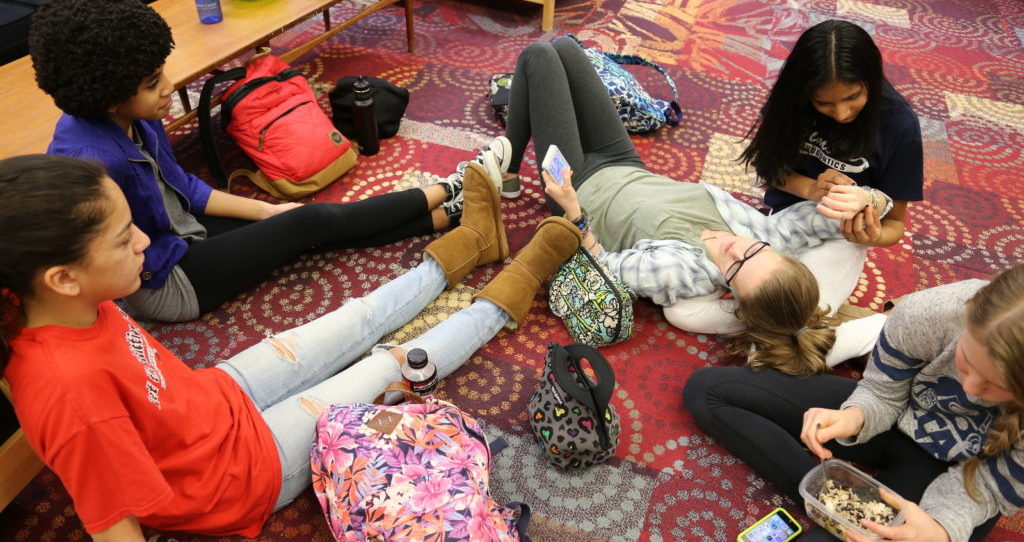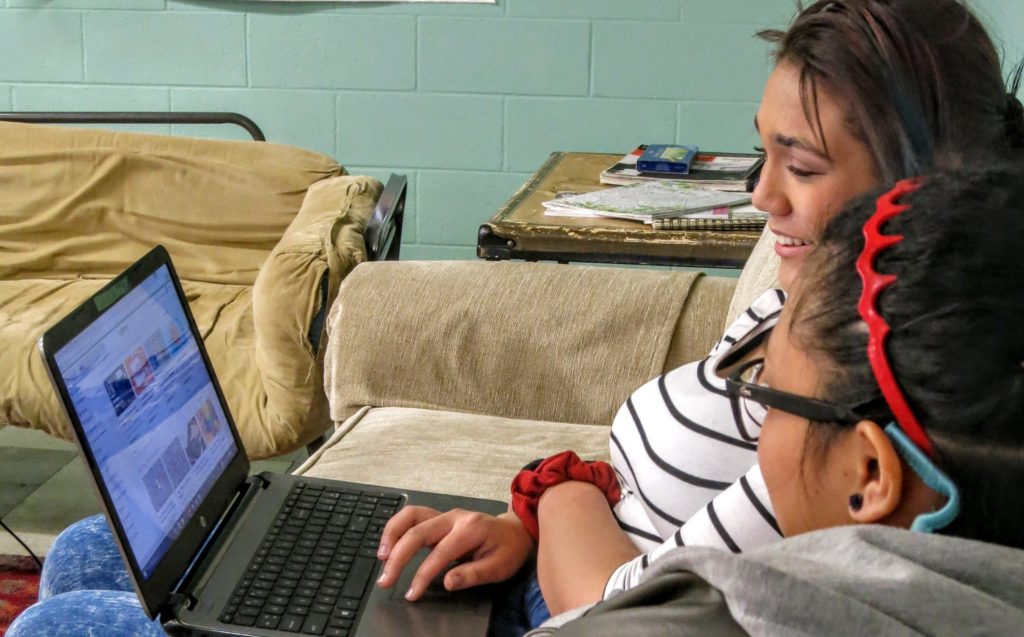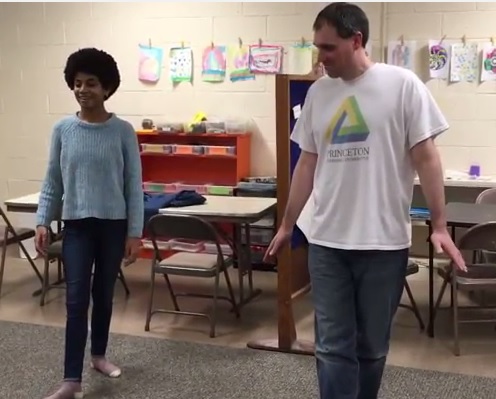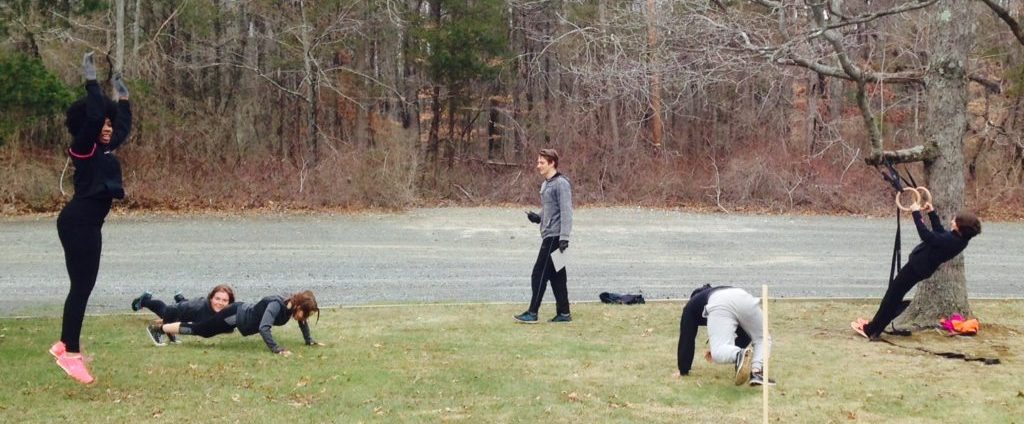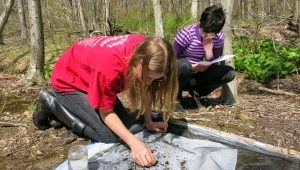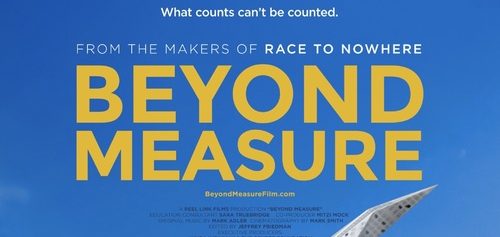In March, PLC hosted a talk by professional mythologist, Richard Schwab. Not only was I delighted to learn that there actually are professional mythologists, I found much of what Richard had to say to be profoundly connected to the work that we do with young people. Some of my favorites: Taking control. He spoke about the lack of initiation rites for …
Deschooling
What happens when a young person stops attending school? Uncertainty. Panic. Teens and their parents wonder: are we doing the right thing? can this really work? what will everyone think? are we risking future success and happiness? For those of us who have had a traditional education, the idea that learning and growth can happen in any other way than …
Screens All Day?
One of the most anxiety-producing, despair-inducing, frustration-creating aspects of self-directed and noncoercive learning is the fear among adults that kids left to their own devices will do nothing but play video games…or watch YouTube…or go through season after season of shows on Netflix, or…fill in the blank. And that too much of these things, unlike other activities kids choose to …
Fear, Ballet and Magic
Let me explain how this video happened. That’s right—it’s me taking a ballet lesson from our fabulous member Kennedy. For folks who know me, the sight of me doing ballet is as equally surprising as a third ear growing out of my forehead. I lead a class called Be More Awesomer. It deals with the core of what we want …
Delving Deeply
PLC visited the legendary Princeton Record Exchange recently and had the chance to hear from owner Jon Lambert about how he left high school before graduating and created a path for himself by pursuing what he loved, working hard, self-improvement and perseverance. It reminded us a lot of what Seth Godin has to say in this blog post. Teens who …
The Art of Self-Directed Learning
PLC had the pleasure to invite Blake Boles to give a talk in December on his latest book, The Art of Self-Directed Learning. You can see the entire talk here. I particularly like Blake’s concept of “consent-based learning”—in the same way that medical personnel get consent before helping or treating their patients, educators should have student’s consent before working with them. …

